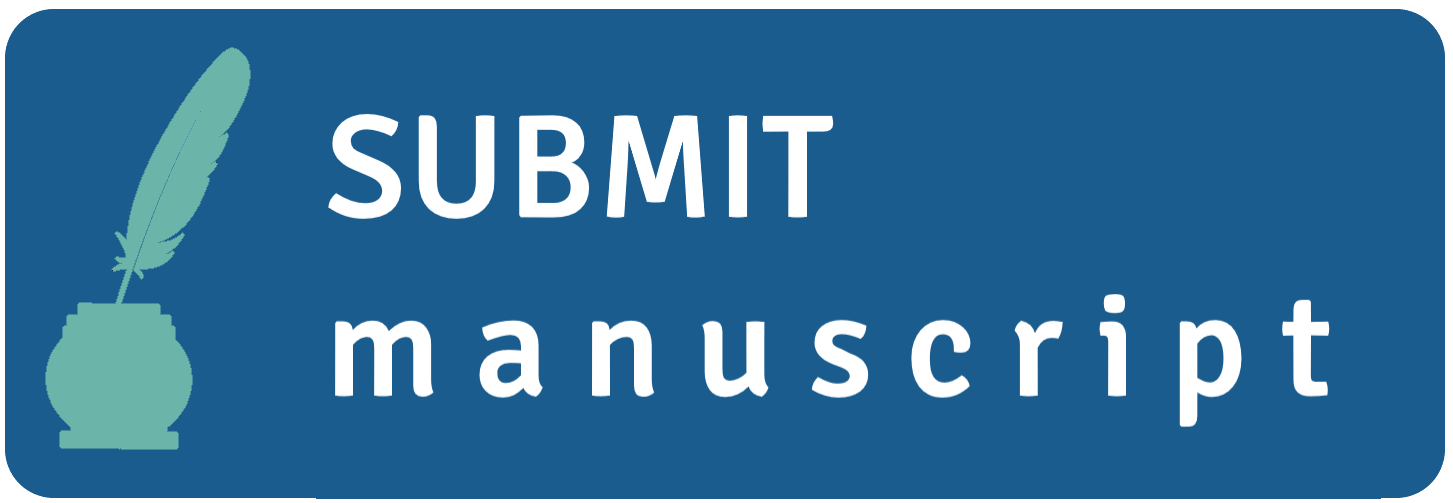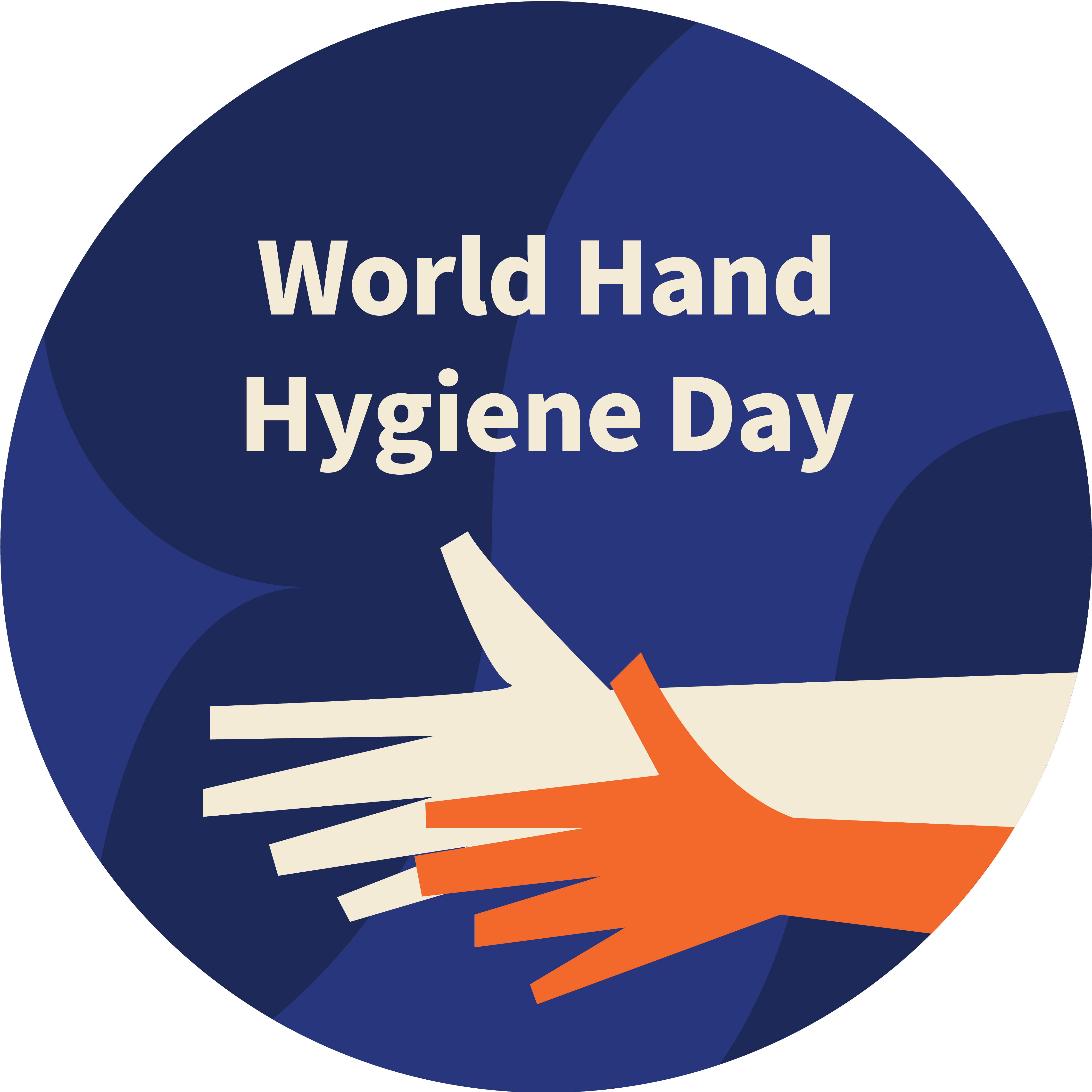School-based hand washing using the ‘tippy-tap’ intervention in basic public schools Ghana: A Pre- and Post- Descriptive study in the Volta Region
DOI:
https://doi.org/10.3396/ijic.v16i4.027.20Keywords:
Hand washing, schools, United Nations Children’s Fund, GhanaAbstract
We examined the availability and utilisation of hand washing facilities in public basic schools in the Volta Region before and after a ‘tippy-tap’ intervention project by the United Nations Children’s Fund (UNICEF), Ghana in 2017. This descriptive study involved 29 Primary and Junior High Schools from 6 districts in the Volta Region. A total of 316 and 346 pupils respectively, aged 9–20 years were interviewed in the baseline and end line surveys. Descriptive and inferential statistics were used in estimating outcomes of interest. We found that the availability of hand washing stations increased from 61.1% in the baseline survey to 97.7% in the end line survey. Hand washing after defecation also improved from 68.7% during baseline to 82.7% in the end line survey. Among pupils who washed their hands after urinating, there was an increase from 13.6% in the baseline to 30.6% in the end line survey. While 77.2% of the pupils washed their hands before eating in the baseline survey, this decreased to 74.3% in the end line survey. Pupils in the end line survey were also three times more likely to practise hand washing compared to the base line. We conclude that the tippy-tap intervention improved hand washing practices of pupils. The tippy-tap project could be replicated by UNICEF Ghana in other regions of the country. In the Volta Region, however, there is a clear need for more installation and management of tippy-taps in schools. The schools should also intensify education on hand washing.
Downloads
Downloads
Published
How to Cite
Issue
Section
License
Authors retain copyright of their work, with first publication rights granted to IJIC. Read the full Copyright- and Licensing Statement.




